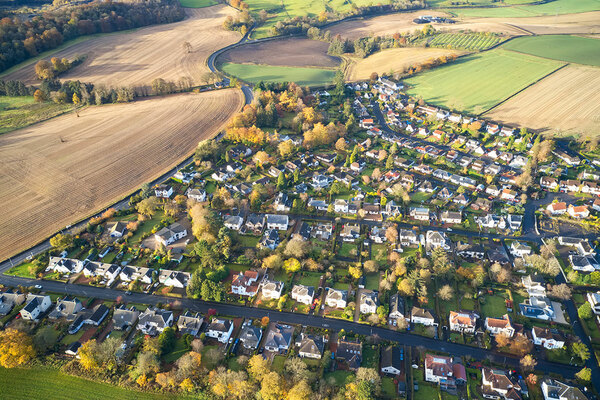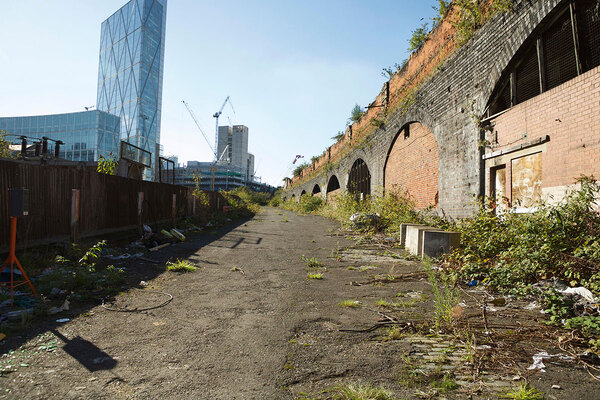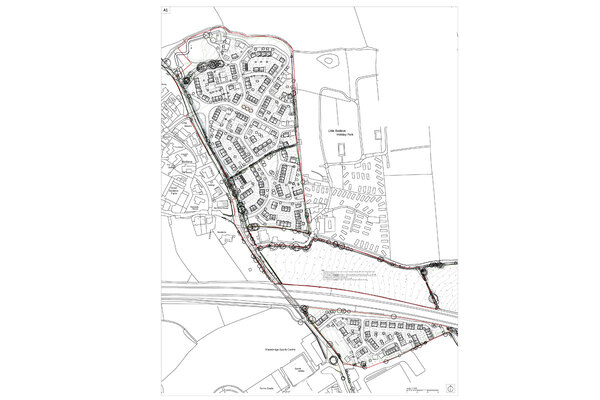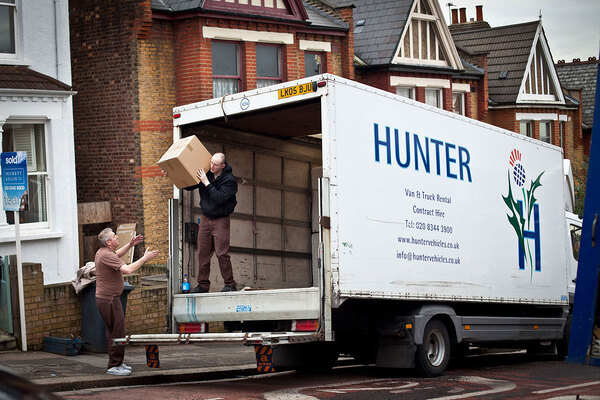You are viewing 1 of your 1 free articles

The SHR has been adapting to the new world. Now it's time to provide more clarity about what comes next
The Scottish Housing Regulator has been adapting its approach as a result of the pandemic. The key skills for landlords moving forward will be agility, responsiveness and effective communication, suggests Michael Cameron
Since the beginning of the lockdown, we’ve been adapting our regulatory approach to the evolving challenges and risks in social housing in response to the COVID-19 pandemic.
It is important we do this while continuing to ensure we fulfil our statutory objective. We also want to give clarity about how we will regulate in the coming months and to support landlords through these unprecedented times.
We have just completed a consultation with our stakeholders to help us understand the issues, risks and challenges that they face and to set ourselves for the coming months to regulate effectively and to support landlords to manage these risks and challenges.
As a result, we’re giving landlords more time this year to complete their annual assurance statement and to report to their tenants on their performance against the Scottish Social Housing Charter. We have also published new advice on completing annual assurance statements and on business planning.
Since March, we have focused on monitoring the impact of COVID-19 on social landlords.
We initiated a monthly return for all social landlords to provide us with key information on the impact of the pandemic on social landlords, tenants, people who are homeless and others who use the services of social landlords. We have now published four months of information in a monthly dashboard and in open data format.
We are using the information from the monthly returns to identify emerging issues and serious risks to tenants, people who are homeless and other service users. We are providing the Scottish government and the Social Housing Resilience Group with updates to help in their co-ordination of the national response to the pandemic. We will continue to collect and publish the information each month until at least March next year.
The figures for July indicate that landlords are returning to full service delivery: the number of empty homes let by social landlords was up on the previous month by more than 76% in July, including an increase of around 28% in lets to people who are homeless. This is an important development, not least because of the large number of people currently in temporary accommodation and waiting for a permanent home.
“Agility, responsiveness and effective communication are likely to be increasingly important as landlords work to return to full services and as they adapt to the world that emerges from this pandemic”
We have seen social landlords working hard over the past six months to mitigate the impact of the pandemic on their tenants, people who are homeless and other service users. They have been prioritising that work over other more routine activity, although they are now beginning to reintroduce a fuller range of services. They will also be focusing on the longer term, planning for the coming years and thinking about what lessons to take forward from the last six months.
Social landlords in Scotland have always played a wider role in their communities, in addition to providing and managing homes, including helping to safeguard the well-being of the people who live in those communities. During the pandemic we have seen landlords adapt quickly, using their knowledge of their tenants and local communities to respond to their most urgent needs.
Social landlords were among the first on to the frontline in local communities to support people through the challenges of the early days of lockdown. Some have quickened the pace of moves to digital delivery and have found new ways to support their staff to do what is needed and to engage with their tenants.
Over the years, social housing has been among the most progressive and innovative sectors in Scotland and has a track record of rising to meet challenges it has faced.
Agility, responsiveness and effective communication are likely to be increasingly important as landlords work to return to full services and as they adapt to the world that emerges from this pandemic.
The impact of coronavirus has shown clearly that building and testing organisational resilience and capacity to handle unexpected events will be even more critical elements of business planning and risk management.
As an effective regulator, we too will respond to the changes that emerge for social housing as we consider the lessons we are all learning from the pandemic.
Michael Cameron, chief executive, Scottish Housing Regulator
Sign up for our daily newsletter
Already have an account? Click here to manage your newsletters













